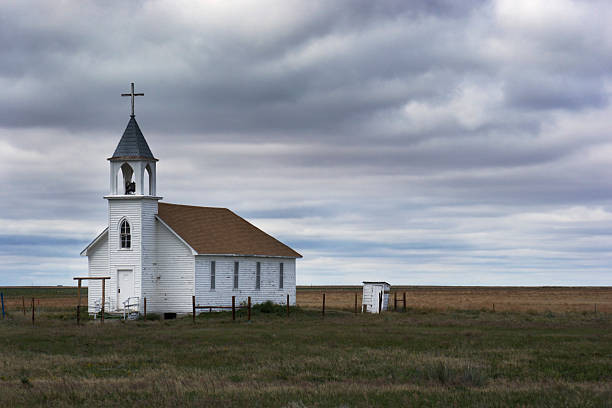
HUNCHED back pensioners hobble between laden supermarket trollies clutching baskets with a few meagre provisions — three or four tomatoes, an onion or two for the usual potato broth for three nights’ supper. In Zimbabwe some of them retired from local authorities as nurses or administrators or teachers but it doesn’t matter because they all earn around $44 pension a month which is less than US$1 a month at the official exchange rate.
Government pensioners are a little better off as they are set to start receiving a US$30 electronic shopping voucher per month. The local Zimbabwean pensioners’ situation is dire but it is the same with the thousands of undocumented Zimbabweans who reach retirement age working abroad.
Everyone with elderly relatives working abroad in menial and informal jobs should be concerned including the State because there is a serious pensions and retirement crisis unfolding. The majority of Zimbabwean pensioners at home and abroad are destitute and if they do not have strong family ties they are dying quietly from hunger, disease and neglect.
Zimbabwe has had many economic and political crises from before independence. In such times many skilled and unskilled Zimbabweans have left for greener pastures abroad. In the 60s and 70s black Zimbabweans went into political exile while others went to pursue education opportunities. The United Kingdom was the destination of choice for many but others found their way to the United States and in later years to Canada, Australia and New Zealand.
Up to two million Zimbabweans are believed to be living in South Africa because of its geographical proximity. Soon after independence in the early 80s droves of white people fled the country unable to fathom a future under a black government and in the early 2000s another wave of emigration saw all races fleeing the economic crisis which followed the land reform programme championed by President Robert Mugabe.
Many white people were able to claim ancestry visas in the UK and South Africa and are now comfortably off as citizens and pensioners of those countries. Whether they call themselves ex-Zimbabweans or Rhodesians most retain fond distant memories of decadent school fetes, country club rugby fests, braaivleis and sundown coolers on Lake Kariba. A good number of black Zimbabweans were lucky and managed to continue or start new careers in their adopted countries. Some manage to acquire foreign citizenship and will also retire comfortably on decent pensions. However, the majority of Zimbabweans working abroad is not so lucky. Some skilled people like doctors, nurses and teachers fail to re-establish their careers and acquire legitimate migration status. They are part of the large workforce of undocumented migrants working hand to mouth with no pension benefits. Many menial workers are unable to earn decent enough wages to invest in private pensions or buy properties to fall back on when they are too old to work or become incapacitated in some other way. Menial jobs rarely allow substantial enough savings to buy or build homes abroad or back home. So, year after year many Zimbabweans like other illegal migrants play hide and seek with the authorities working in care homes and restaurants for rent money, transport fare, food and steep stepchild care costs while the years turn into decades as they slowly age without pension policies or other social security.
Zimbabweans who are beyond retirement age work abroad as shop assistants, cleaners and waiters until they are too old to keep working. When they are finally retired some of them have nowhere to go and have nothing to show for all their years of working abroad. Still not all local retirees own their own homes or have pensions but they are slightly better off because usually they maintain sufficiently useful social and family ties that help when they retire with nothing.
Some Zimbabweans go abroad and spend up to 30 or 40 years without ever returning home so they often lose vital family and social ties that they could fall back on. It is easier for an elderly waiter working in Harare to retire to his rural home in Mhondoro than for his age mate who went to Kansas as a cook with his employers in 1976 and never returned or kept in touch but still never became an American citizen. The number of socially unstable or homeless Zimbabweans especially in the United Kingdom and South Africa is disconcertingly huge and rising. There would be many more were it not for families and welfare organisations which help some return home if they willing to return. Not all of the people who are homeless are elderly people.
- Chamisa under fire over US$120K donation
- Mavhunga puts DeMbare into Chibuku quarterfinals
- Pension funds bet on Cabora Bassa oilfields
- Councils defy govt fire tender directive
Keep Reading
Some are habitual criminals who live in and out of prison and are ostracised by family and friends because no one needs a problem child in a foreign land. Some are mentally ill; some are alcoholics and drug addicts.
Some become homeless when their asylum applications are declined after years of living in detention centres and are turned out onto the street without work and unable to work but cannot be deported back to Zimbabwe for policy reasons.
Because homeless people live on the fringes of society there is little help available to them that many end up sinking into inextricable dungeons of depression, drug abuse and homelessness lost and forgotten in foreign lands.
The moral of the story is that Zimbabwe has a growing homelessness crisis locally and abroad.
Individuals have a duty to plan for their retirement, families have a duty to look after elderly relatives in financial distress and the State has an obligation to repatriate destitute citizens.
l Miriam Tose Majome is a lawyer at Veritas and she writes in her personal capacity.











